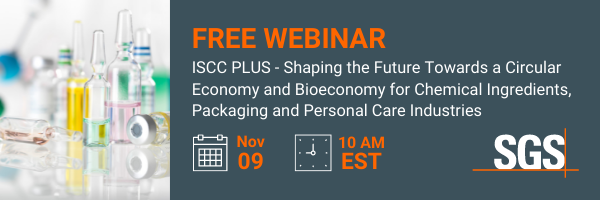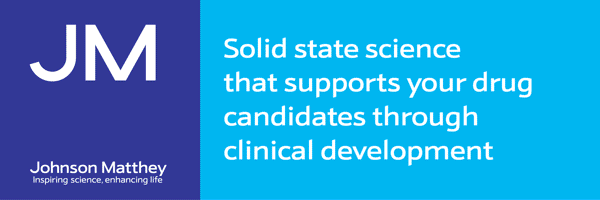Regulations & EHS&S
Joint FDA/EMA Workshop on early access approaches announced 1st August 2018
Following the passage of the Food and Drug Administration Safety and Innovation Act in 2012, FDA developed the breakthrough therapy designation to provide a process to expedite the development and review of drugs which may demonstrate substantial improvement over available therapy. In March 2016 the European Medicines Agency (EMA) launched the PRIME scheme to strengthen its support to the development of medicines that address unmet medical needs with the aim to help patients to benefit from these therapies as early as possible. FDA and EMA are holding a workshop on November 26, 2018 at the EMA headquarters in London to support quality development for these approaches.
Experience to date has shown that applicants face challenges to complete quality and manufacturing development and data requirements during accelerated development. In order to address/overcome these challenges regulators wish to support applicants with guidance and risk-based flexibility regarding their pharmaceutical development program. The aim of this workshop is to discuss between regulators and industry these quality challenges and scientific and regulatory approaches which could be used to facilitate development and preparation of robust quality data packages, to enable timely access to medicines for patients whilst providing assurance that patient safety and product quality are not compromised.
These general discussions will be further elaborated through a number of specific industry case studies and a discussion of experiences to date from early access approaches. People interested in participating are invited to register by sending an email to Kaidi.Koiv@ema.europa.eu by October 31, 2018. The draft agenda for the workshop is available on EMA’s website. As the number of spaces is limited, EMA will allocate places per stakeholder group to allow attendance of a wide range of stakeholders. The conclusions from the workshop will be captured in a report, which will be published. The development of further follow-up guidance may be considered.



